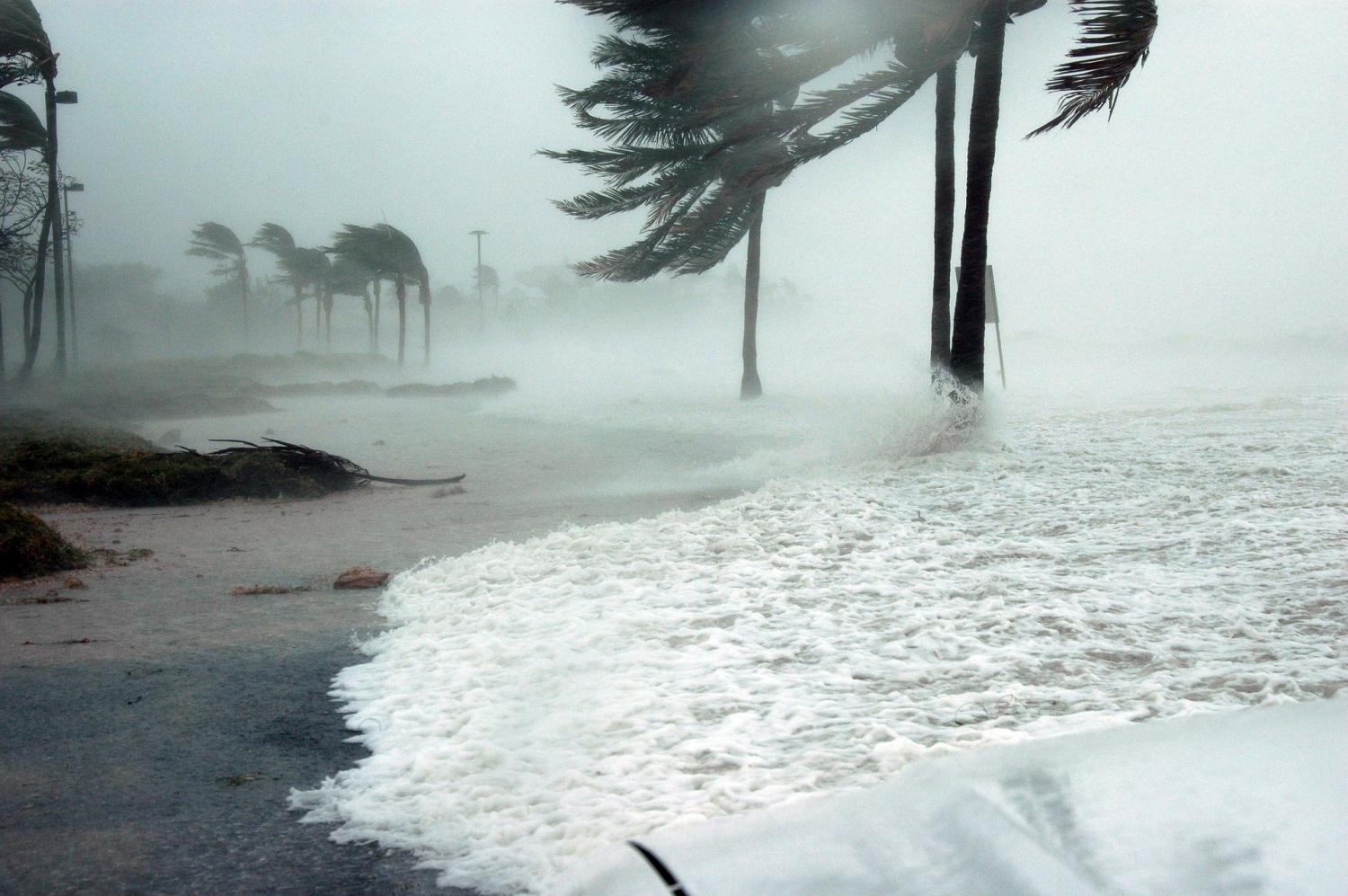
The increasing occurrence of natural disasters, from Hurricanes Irma and Maria to the California wildfires, means humanitarian relief agencies will need to cover more ground and be more nimble, while competing for precious dollars.
So, what can the disaster relief community do to keep up? Jim Alvey, senior director of disaster recovery at the nonprofit Good360, says NGOs, government agencies and the private sector must shift the way they approach humanitarian aid in the wake of repeated disasters.
“With both the frequency and intensity of natural disasters on the rise around the globe, there’s an urgent need for a more thoughtful approach to the way we respond and help impacted communities recover,” Alvey told CR Magazine. “It’s about building resilience that will help communities bounce back more quickly when the next disaster strikes.”
“Technology alone will not prepare us for tomorrow’s disasters”
Good360 has weathered many disasters. When it first launched 35 years ago, its mission was to help companies and nonprofits respond more efficiently and effectively. No question, it has had an impact. Today, more than 400 corporate partners use Good360 to ensure that the right types of goods are distributed when and where they are most needed.
But Alvey worries there is still much more to be done. Donations often don’t reach those who need it, and a staggering 60 percent of goods donated during times of disaster ultimately go to waste. Further, 70 percent of donations occur within the first two months after a disaster, with a meager 5 percent allocated to critical long-term rebuilding and recovery.
“Technology alone will not prepare us for tomorrow’s disasters,” Alvey explained. “It is more important that we develop holistic solutions: Improved communication, collaboration, information-sharing and education will take us farther, faster.”
That means organizations focused on disaster recovery need to be far more proactive, Alvey said. From Good360’s perspective, the key is to establish relationships and partnerships before a disaster strikes.
That’s the impetus behind the Good360 Disaster Recovery Council. Established in 2016, the Council seeks to inspire better communication between NGOs and companies, so they can collectively respond when disasters strike. Members include the UPS Foundation, United Airlines, Ecolab, CVS Health, Wrangler, Amazon, TD Bank and the U.S. Chamber of Commerce Foundation.
One of the Council’s first steps was to establish the Resilient Response campaign in conjunction with the agencies Global Citizen and All Hands & Hearts–Smart Response. The campaign centers on a six-point pledge that commits companies to provide disaster assistance that addresses long-term needs, as well as resilience, disaster preparedness and mitigation. Since last year, 33 companies have taken the pledge.
The pledge in action
For Alvey, the pledge is more than words on paper—it’s a call-to-action, and companies are responding in kind.
Earlier this year, soft drink giant Coca-Cola formed the Disaster Action Alliance in its home city of Atlanta. The coalition brings together local companies to integrate long-term resilience into their disaster recovery and engagement plans. In addition to Coke, participants include the UPS Foundation, the Home Depot Foundation, the American Red Cross and WarnerMedia.
Another Good360 partner, Wrangler, says it’s doing its part by helping to rebuild homes, schools and community buildings long after disasters have passed, while participating in tree-planting efforts to make communities more flood resistant.
GAF, a leading roofing manufacturer in North America, is taking on mid- and long-term recovery needs. After Hurricane Florence hit North Carolina in 2018, GAF sent 14 truckloads of ultra-durable roofing shingles—which are designed to withstand storms and hurricanes—to communities across the state.
Importantly, the company was strategic in its giving. “Sending donations that cannot be utilized to the field in the midst of a disaster inundates nonprofits and slows down the recovery process,” Alvey explained. “GAF understood this.”
Rather than sending donations directly to the disaster’s epicenter, trucks headed to one of Good360’s warehouse partners, where they were stored until communities were ready for them a few months later. The shingles now cover more than 100 homes.
Finally, Airbnb—one of the first companies to sign on to Resilient Response pledge—is increasing calls for its vacation rental hosts to open up their homes for free to provide shelter for stranded residents, travelers and support workers, who often stay on the scene for months after a disaster is over.
“Each of these companies has acted on their pledge,” Alvey told us. “But we need more.”
This article was also published in CR Magazine.
Image credit: David Mark/Pixabay

Maggie Kohn is excited to be a contributor to Triple Pundit to illustrate how business can achieve positive change in the world while supporting long-term growth. Maggie worked for more than 20 years at the biopharma giant Merck & Co., Inc., leading corporate responsibility and social business initiatives. She currently writes, speaks and consults on corporate responsibility and social impact when she is not busy fostering kittens for her local animal shelter. Click here to learn more.














